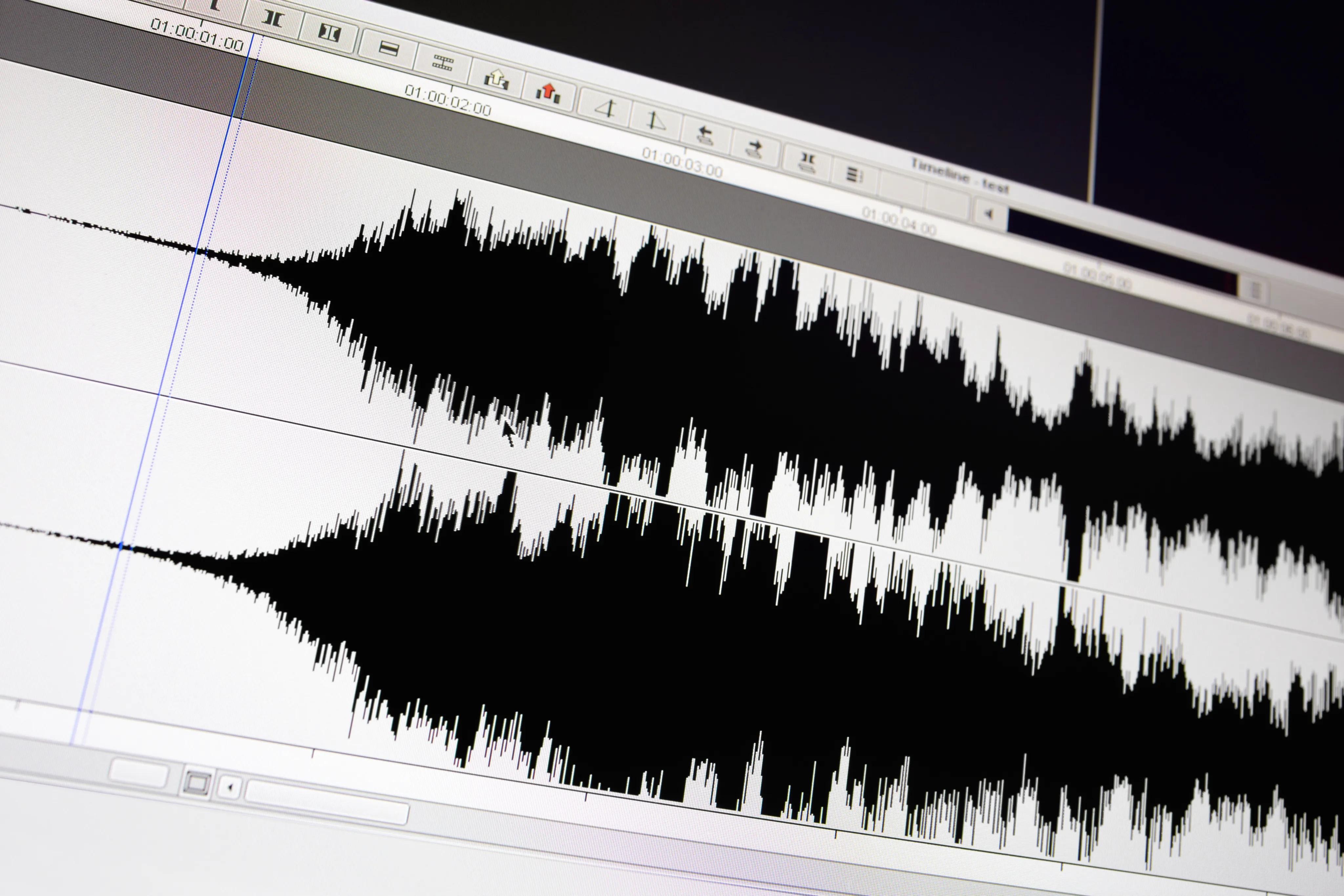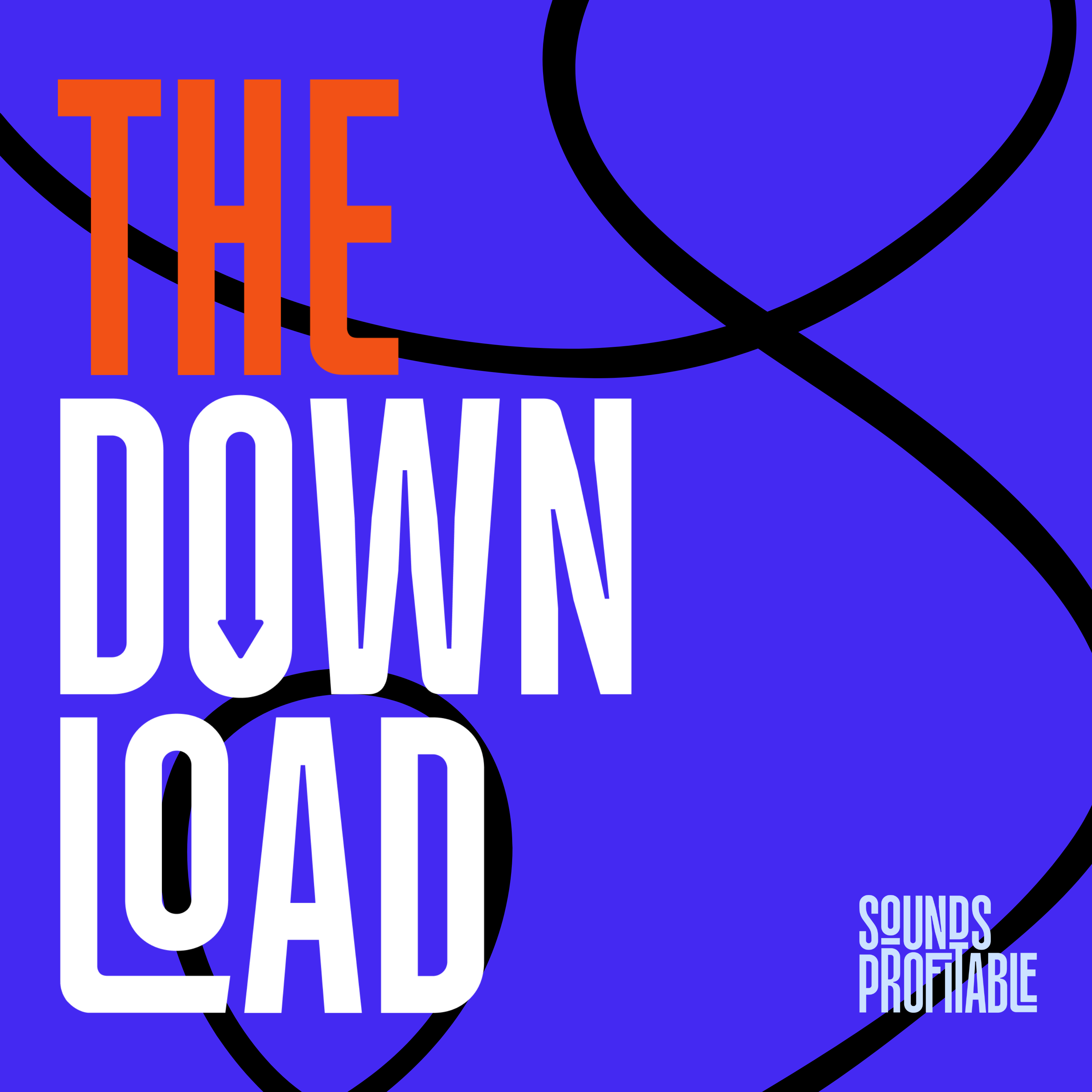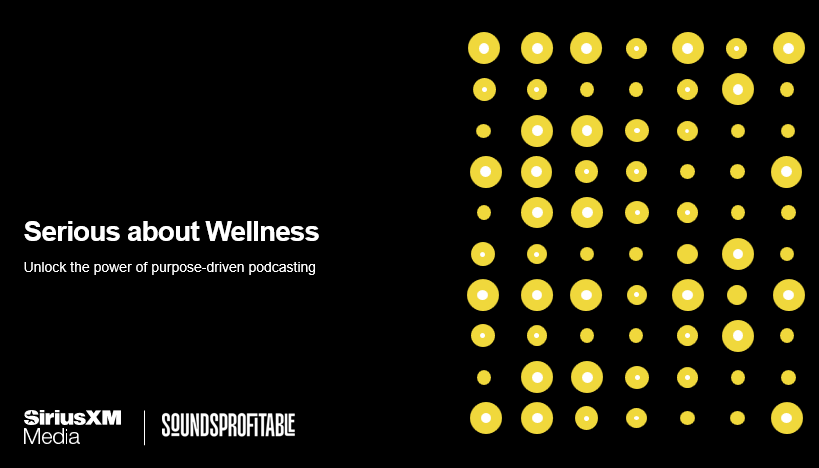Manuela: This is The Download from Sounds Profitable, the most important news from this week and why it matters to people in the business of podcasting. I’m Manuela Bedoya.
Shreya: And I’m Shreya Sharma.
Manuela: The Download is brought to you by Magellan AI. Track the trends in spend, ad load, podcasts on YouTube, and more with Magellan AI’s advertising benchmark report for Q4, available now. You can find a link in the description or visit Magellan dot AI.
Shreya: This week: Why Podcasters are selling subscriptions with third-party vendors, CTV continues to be a black box with programmatic marketers, publishers large and small are focusing first-party data, and podcast ad revenue climbs in Australia according to new IAB report.
Let’s get started.
Digital audio ad spend climbs to $51.9 million AUS
Shreya: Last week we got good news from abroad, as last Thursday AdNews covered the newest IAB Australia Online Advertising Expenditure Report, prepared by PwC. According to the report, digital audio advertising spend in Australia grew 13% to 51.9 million dollars in Q1 compared to the same quarter in 2022.
For the study, IAB Australia partnered with Commercial Radio & Audio. CRA CEO Ford Ennals told AdNews digital audio is growing and it’s clear advertisers are following audiences into podcasting and streaming. A quote from Ennals in the article:
“Radio streaming audiences are also growing strongly and the changes we are making to radio audience measurement to better understand streaming listeners are designed to tap into the digital revenue opportunity.”
According to the expenditure report, 38% of Australia’s online audio advertising spend was in podcast ads, totaling 19.8 million Australian dollars. For American listeners, that’s about $12.9 million USD.
Whenever there’s news of podcasting’s growth in markets outside the US, we make an effort to cover it here on The Download to highlight the industry’s growth. As this new data from Australia shows, podcasting is doing just fine down under.
Why podcasters are selling subscriptions through third-party vendors
Manuela: From last Wednesday: Digiday writer Sara Guaglione published an overview of several podcast outlets selling subscriptions via third-party vendors. While Apple and Spotify each have their own paid subscription offerings, podcasters large and small are flocking to options like Patreon, Supercast, and Supporting Cast. Sony EVP and co-head Steve Ackerman told Guaglione Sony is seeing an appetite for subscriptions but more competition is needed in the space. From the article:
“The main reasons for this are threefold: more access to listener data, not being beholden to one platform in particular and more favorable revenue share deals, podcast executives told Digiday. Apple and Spotify don’t share data like subscribers’ email addresses or credit card information with podcasters. Apple takes 30% of subscription revenue from podcasters. Spotify takes 5%.”
Third-party alternatives like Supporting Cast and Supercast solve for this, offering more listener data and different pricing structures. Supercast costs a flat 59 cents USD per subscriber per month, while Supporting Cast CEO David Stern says they take, on average, about half the percentage Apple takes.
According to Stern, subscriber downloads on Supporting Casts were up 205% from April 2022 to April 2023, with paying listeners up 180%. Networks like QCode, Tenderfoot, Kast Media, and NPR have worked with the company to set up subscription offerings. NPR in particular is working on a series of bundles that package multiple podcasts together, currently available in 34 US test markets before an expected wide release in 2024. From the article:
“Digiday asked podcast execs if this influx of podcast subscription launches is due to the current slowdown in podcast ad revenue, with CPMs and budgets contracting (a recent report found U.S. audio ad revenues fell 5% in Q1 2023 year over year). But all the executives interviewed for this story said there was not a direct correlation – more so an evolution of their growing podcast businesses.”
It’s been said in dozens of articles over the past decade: podcasts are good at leveraging a personal connection with audiences. To the point that studies like The Medium Moves the Message have found that podcasting edges out other mediums like TV in increasing brand awareness. With the connections podcasts have with the audiences and the industry overall has at converting, it simply makes sense to pursue paid subscription offerings, and third-party offerings lead to more options and flexibility overall.
Future of TV Briefing: CTV continues to be a black box to programmatic marketers
Shreya: From this Wednesday: Digiday’s Tim Peterson collected the thoughts from several anonymous attendees of the Digiday Programmatic Marketing Summit in regards to issues with connected television (or CTV). Some of the criticisms might feel familiar to old hands in podcasting. From the article:
“The connected TV ad market would seem to be developing at a quick clip. Okay, QR codes aren’t exactly cutting edge technology, but shoppable video ads and CRM-based targeting are fairly advanced ad products. And yet the refrain “CTV is too much of a black box” resounds, though with some newer nuance.”
The subject of issues with CTV was brought up during a Digiday Programmatic Marketing Summit town hall in which brand and agency executives were granted anonymity to promote candid conversations. One topic addressed was frustrations and concerns with CTV, including the infamous ‘black box’ issue where CTV’s inner workings are unclear to anyone not explicitly working for the given company.
As has been covered in The Download before, CTV’s frequency issues were addressed, specifically targeting cross-channel frequency management being difficult with existing tools.From the article:
“They may be able to manage frequency within individual streaming services and, to an extent, across streaming services when concentrating their spending through a single demand-side platform. But connecting those CTV ad exposures to ads running elsewhere is an issue — and that can create issues for advertisers’ CTV campaigns.”
One potential solution is setting DSPs to ignore bid requests not containing an device ID, but as one attendant proposed, this comes with the worry an unknown amount of inventory is being left on the table due to a lack of a device ID.
Another concern is the lack of granularity to data. Peterson highlights how traditional TV can keep track of exposure through methods as simple as cross-referencing ad air dates with TV network programming schedules. Something impossible with streaming. Here’s a quote from one of the anonymous attendees:
“In an ideal world, I really want to try to get my reach on the same or as similar programming as possible on linear. But it’s so hard to get some of that really deep, important data of what these people are actually watching beyond they’re on Peacock or they’re on Hulu. Great, but what are they watching without me guessing?”
Podcasting veterans will recognize several of the issues cited in this piece, and some might even remember those issues were treated as if they were explicitly unique to podcasting as a medium. While every medium has its strengths and weaknesses, when it comes to growing pains like those CTV is experiencing, they have been solved before and will be solved again.
Publishers large and small put their resources into first-party data – Digiday Research
Manuela: From last Friday: Digiday’s Julia Tabisz shares new findings from Digiday’s research panel relating to publishers and first-party data. From the article:
“Publishers have been preparing for the death of the third-party cookie for years, with an eye on first-party data as the real next step. And this is consistent among large and smaller publishers alike. This is according to a Digiday+ Research survey of more than 70 publisher professionals conducted in the second quarter.”
According to the survey, publishers have consistently prepared for the end of third-party cookies over the past two years. As of Q2 of this year only 14% of surveyed publisher professionals said they disagreed with the idea they were preparing for a cookie-less world. A world where first-party data is vital. From the article:
“Digiday’s survey found that almost all publisher pros who work for large publishers said they’re using first-party data to prepare for the end of the cookie (94% said this). Meanwhile, two-thirds of publisher pros who work for small and medium-sized publishers (66%) said they’re using first-party data.”
Small-to-medium publishers report they’re intending to rely more on subscription revenue to offset the death of cookies, with this plan taking second place to first-party data while larger publishers’ second choice is ad tech-built cookie alternatives.
By its very nature, podcasting has had an intimate relationship with first-party data since the beginning. Large stepping-stones in the restriction of third-party data, like Apple’s App Tracking Transparency update, had an negligible impact on our corner of marketing. Not only is podcasting in a particularly good position to thrive in a first-party data world, we’re in a position to be a wellspring of information on the subject. Just in time to help other industries as they learn cookies are now a sometimes food.
Shreya: Finally, it’s time for our semi-regular roundup of articles we’re calling Quick Hits. These are articles that didn’t quite make the cut for today’s episode, but are still worth including in your weekend reading. This week:
The Podscape, a collaborative effort between Magellan AI and Sounds Profitable, will be publishing a new edition this summer! In the interest of making this snapshot of the podcasting industry as accurate as possible the Podscape is putting out an open call: Is your company missing from the current edition? Notice something we omitted? Submit updates to podscape @ magellan dot AI
Peabody-Nominated Content Studio Project Brazen Launches Platform for “Fearless Storytelling” by Alex Ritman. The new content platform features a special focus on journalism “that reveals hidden aspects of the world around us.”
Manuela: And that was The Download, brought to you by Sounds Profitable! Today’s episode was built using Spooler and hosted on Art19. Find out more at Spooler.fm and Art19.com
I know we went through today’s stories fast, so be sure to check out the links to every article mentioned, right in your podcast listening app, or on SoundsProfitable.com/Podcast. And thank you for sticking with us as we bring you the top stories you might have missed from the past week. I’m Manuela Bedoya.
Shreya : And I’m Shreya Sharma. Our producers are Bryan Barletta, Gavin Gaddis, and Tom Webster. Special thanks to Art19 for hosting The Download. And thanks to you for joining us.
Robot?


 "
"


